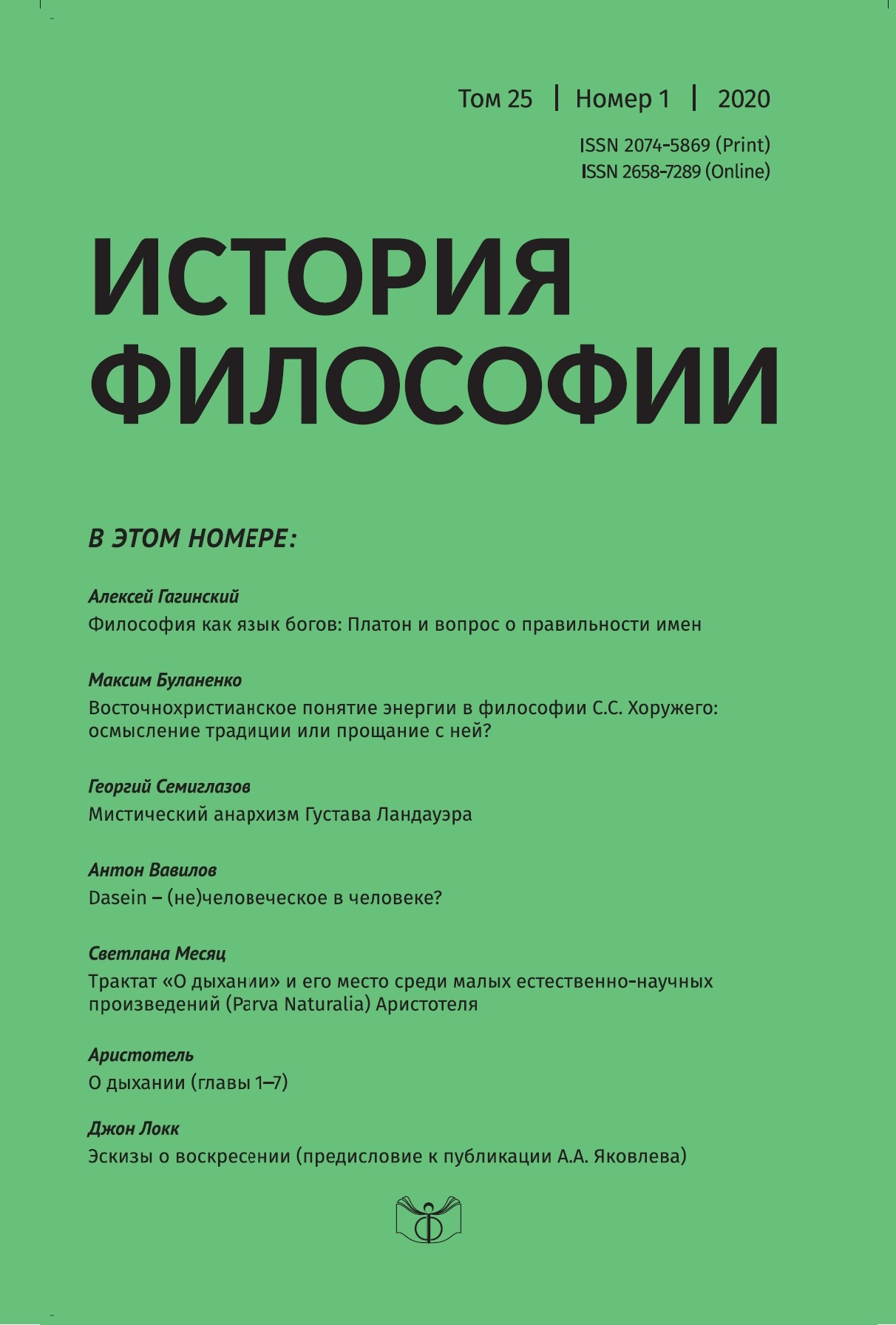Critique of Hegelian Philosophy in the Works of Søren Kierkegaard and Lev Shestov
Keywords:
history of Russian philosophy, existentialism, religion, faith, anthropology, Leo Shestov, Søren Kierkegaard, G.W.F. HegelAbstract
The article is devoted to the interpretation of Hegel in the work of two philosophers – Søren Kierkegaard and Lev Shestov. The views of these thinkers are considered in the general context of how the reception of Hegel in non-classical philosophy, from Schopenhauer and Nietzsche, took place. It was shown that the critical reception of the classic was carried out in two directions – through overcoming the “systematic nature” of Hegelian philosophy and through an attempt to interpret the early Hegelian works in an irrational manner. Lev Shestov and Søren Kierkegaard, in the strict sense, do not belong to either the first or second type. Using some plots of their philosophical creativity as an example, it is shown how philosophers built their arguments, criticizing certain provisions of Hegelian philosophy. For Shestov and Kierkegaard, the critique of Hegel is simultaneously a desystemization of philosophy, as well as a project to overcome rationalism through conversion to faith and religion.

